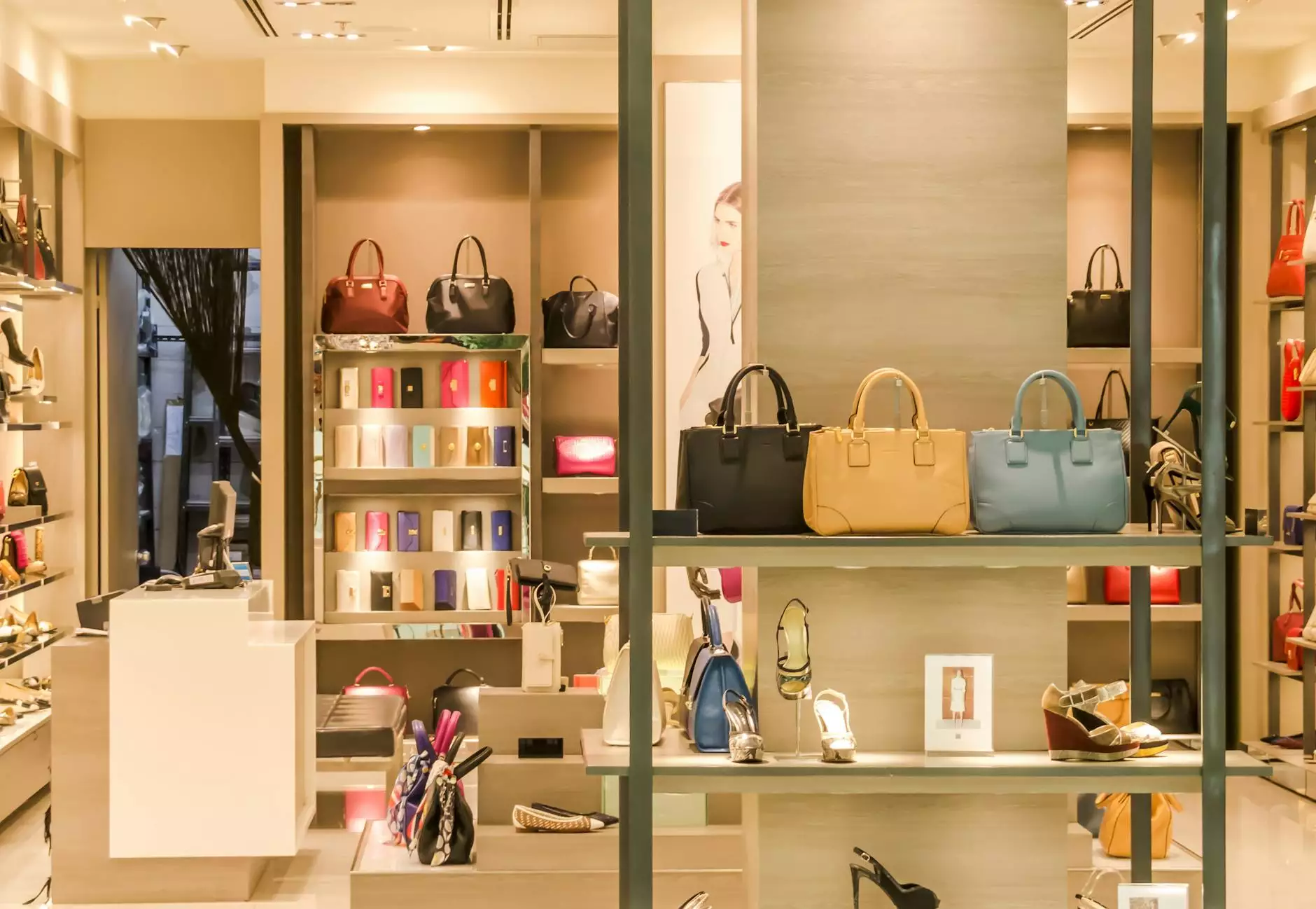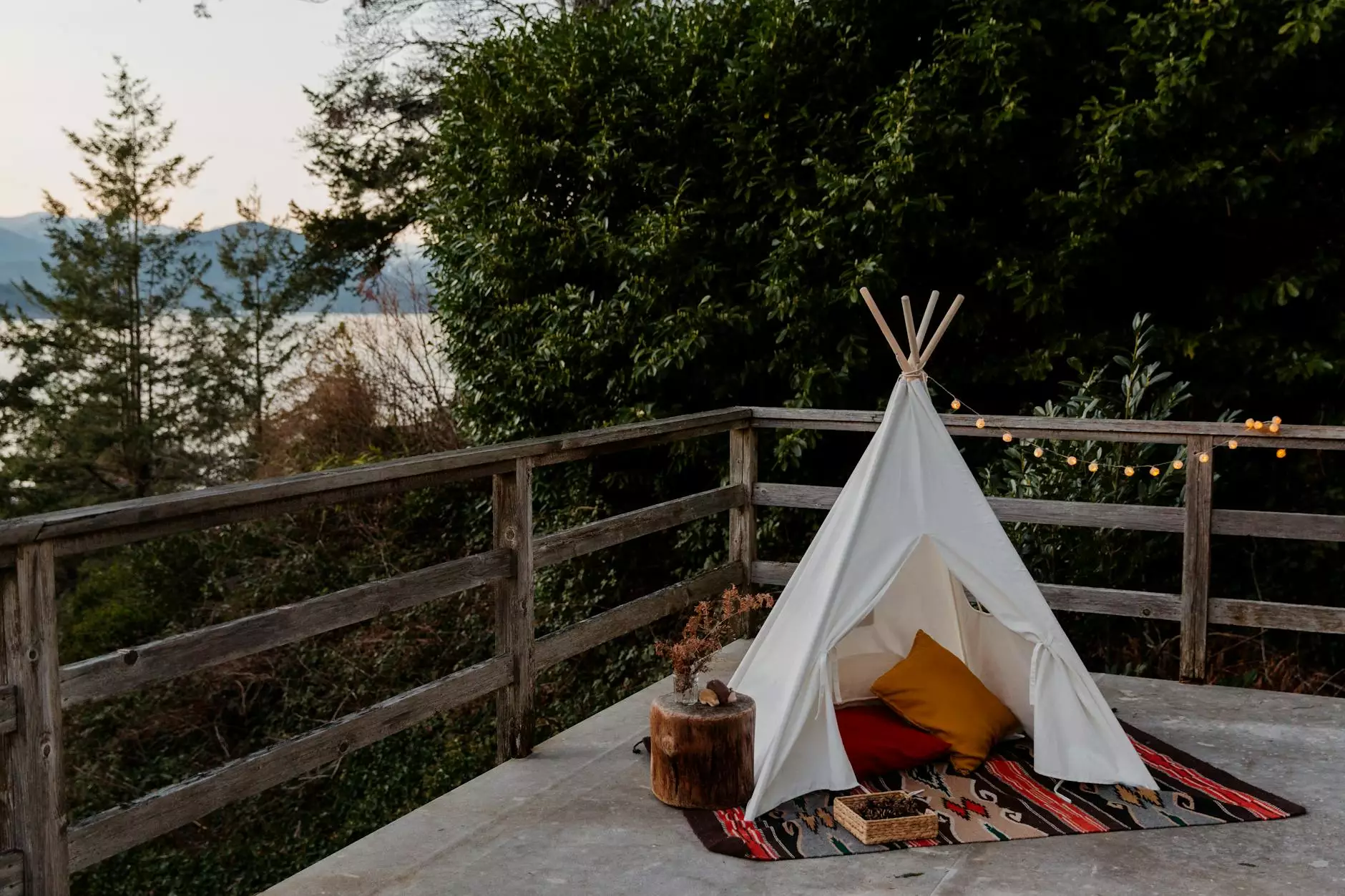Comprehensive Guide to Restaurant Furniture Supply: Essentials for Your Dining Establishment

Understanding the Importance of Restaurant Furniture Supply
When it comes to running a successful restaurant, the importance of restaurant furniture supply cannot be overstated. This crucial aspect of your business not only affects the aesthetic appeal of your establishment but also plays a significant role in customer satisfaction. Beautiful, functional, and durable furniture can enhance the dining experience, ensuring that patrons feel comfortable and relaxed while dining.
The Impact of First Impressions
In the restaurant industry, first impressions matter. Your customers form opinions about your restaurant within moments of entering. The right restaurant furniture supply gives an immediate sense of your brand and hospitality. High-quality furnishings reflect professionalism and attention to detail and invite guests to share their experiences with friends and family, which is invaluable in the digital age.
Key Considerations When Choosing Restaurant Furniture
Choosing the right furniture goes beyond aesthetics. Here are several important factors to consider:
- Functionality: Each piece of furniture should serve a purpose. Tables should be appropriately sized for the space and comfortable for dining.
- Durability: Restaurant furniture must withstand heavy use. Look for materials that are robust and easy to clean.
- Comfort: Customers are more likely to enjoy their meal and linger longer if they are comfortable. Investing in quality seats and tables can enhance the overall dining experience.
- Style: Your furniture should reflect your restaurant's theme and brand identity. A Greek restaurant may incorporate traditional elements that resonate with the culture.
- Cost: While quality is essential, it’s crucial to stick to your budget. Evaluate furniture that provides the best value for your investment.
Popular Types of Restaurant Furniture
The restaurant furniture supply market offers a wide variety of options. Below are some popular types of furniture to consider for your establishment:
Tables
Tables serve as the centerpiece of your dining area. They come in various shapes, sizes, and materials. Common types include:
- Round Tables: Ideal for more intimate dining experiences.
- Rectangular Tables: Perfect for larger groups and versatile layouts.
- Bar Tables: Great for casual dining or high-top seating.
- Outdoor Tables: Designed to withstand the elements if your restaurant features an outdoor dining space.
Chairs and Bar Stools
Comfortable chairs and bar stools are vital parts of your furniture supply. Consider the following:
- Dining Chairs: Look for ergonomic designs that support long dining durations.
- Booths: Create a cozy atmosphere while maximizing space.
- Bar Stools: Boost your bar area’s style and functionality.
Benches and Sofas
Benches and sofas provide a unique seating experience, ideal for casual restaurants or family-oriented establishments. They can enhance the overall comfort of your dining space.
Selecting the Right Materials for Restaurant Furniture
The materials used in your restaurant furniture supply are critical for both durability and aesthetics. Here are popular material choices:
- Wood: Offers warmth and charm, with various finishes available.
- Metal: Often used for modern designs, metal is durable and easy to maintain.
- Plastic: Lightweight and available in various colors, perfect for casual dining settings.
- Upholstered Fabrics: Provides comfort but requires regular cleaning and maintenance.
Current Trends in Restaurant Furniture Supply
Keeping up with the latest trends can help your restaurant stand out. Consider incorporating some of these innovative furniture ideas into your supply:
- Eco-friendly Materials: More consumers are looking for sustainability. Furniture made from recycled or sustainably sourced materials resonates well with this demographic.
- Flexible Seating Arrangements: With the rise of modular furniture, many restaurants are embracing flexibility to cater to various group sizes and layouts.
- Mixed Material Furniture: Combining wood, metal, and fabric can create a unique design that captures various styles.
- Vintage and Industrial Looks: Nostalgic designs can create a charming atmosphere, making diners feel at home.
Tips for Buying Restaurant Furniture
Now that you understand the basics and trends of restaurant furniture supply, here are some practical tips to guide your purchasing decisions:
- Measure Your Space: Ensure that your furniture fits well within your restaurant’s layout.
- Order Samples: If possible, order samples of fabrics or finishes before making a larger investment.
- Check Warranties and Return Policies: Ensure that your suppliers have reliable return policies and warranties on their products.
- Consult Professional Designers: Hire an interior designer who specializes in restaurants to maximize seating and aesthetic appeal.
Building Relationships with Suppliers
The success of your restaurant furniture supply also relies on establishing strong relationships with suppliers. Here are some tips for cultivating these connections:
- Communicate Your Needs: Be upfront about your specifications, budget, and timeline.
- Negotiate Terms: Don’t shy away from discussing pricing and delivery options.
- Stay Informed: Keep up to date with new trends and products that suppliers may offer.
Conclusion: Elevating Your Restaurant Experience
The choice of furniture in your establishment is not just about filling space; it’s about creating an inviting atmosphere that enhances the dining experience. The right restaurant furniture supply combines function, comfort, and style to delight your guests and keep them coming back. By staying informed about trends, understanding your material options, and prioritizing quality, you can create a memorable dining environment that reflects the essence of your brand.
Investing in quality restaurant furniture transcends mere decoration. It is an investment in your restaurant's success, ensuring that every customer feels welcomed, comfortable, and valued. So, take the time to explore your options, consult experts, and make informed decisions that will contribute to the long-term success of your establishment.









